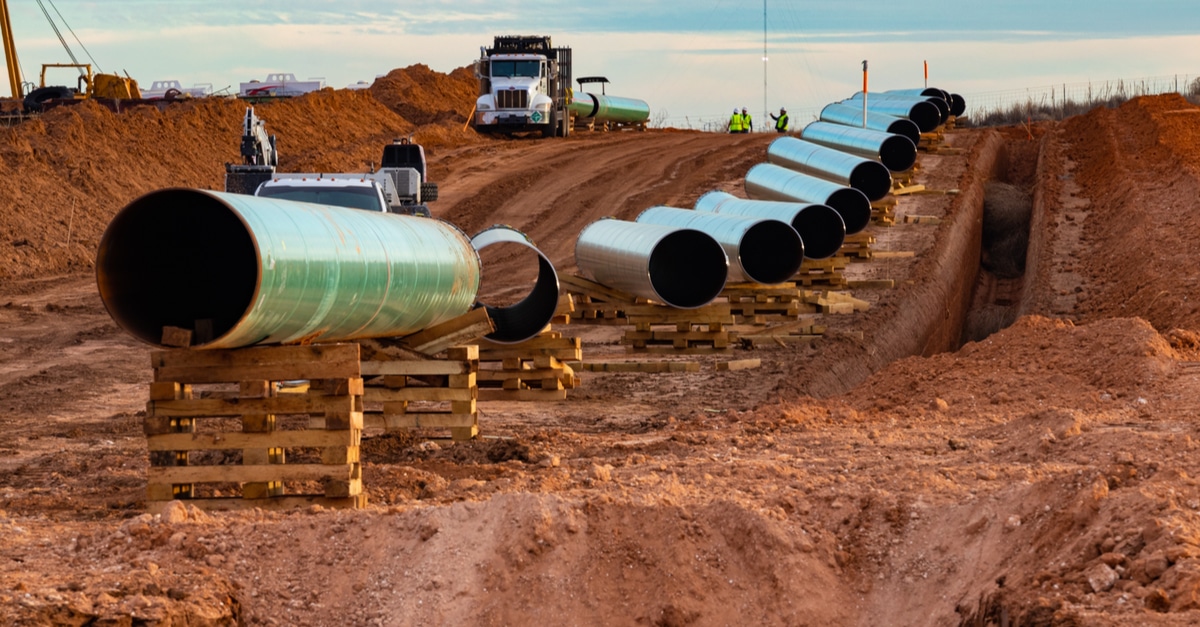Uganda’s government is embroiled in a legal battle with 112 landowners set to be displaced by the East African Crude Oil Pipeline (EACOP) project, as issues such as undervalued compensation, absentee landlords, and a complex land tenure system in certain regions have delayed the process, creating challenges for the project developers.
As a result, a Ugandan court is scheduled to hear a case on September 16, 2024, in which the government is seeking to evict 80 individuals from their land across three districts in the Greater Masaka region. This is part of the EACOP route, with developers racing to meet deadlines for the country’s first oil exports next year.
Earlier this week, two similar cases involving landowners in Hoima and Kyankwanzi districts—part of the 296km Ugandan stretch of EACOP—were heard. At least 32 absentee landlords and others who rejected compensation offers continue to cause significant delays in the project.
Energy Minister Ruth Nankabirwa acknowledged the 112 cases under consideration for compulsory land acquisition, citing reasons such as untraceable individuals, disputes over landownership, rejection of compensation, and lack of proper legal documentation.
EACOP officials have stated that the project is at a critical stage, with early civil works nearing completion. Construction on the 12 main camp personnel yards (MCPYs) and six pump stations is ongoing, and 700km of line pipe has already been delivered to Tanzania, with more expected to arrive in Uganda this month.
Work has been completed at three of the five MCPYs in Uganda, located in Hoima, Kakumiro, and Sembabule districts, with construction continuing in Mubende and Kyotera districts.
For comments, Feedback and Opinions do get in touch with our editor on WhatsApp: +44 7949 297606 or Email Us at editor@zimetro.co.zw

For comments, Feedback and Opinions do get in touch with our editor on WhatsApp: +44 7949 297606.
